Your cart is currently empty!
Environmental Chamber Mapping & Validation (IQ/OQ/PQ)
What we need from you (prep checklist) Chamber model, volume, control ranges (T/RH), and SOP acceptance criteria. Whether mapping is empty, loaded, or both (provide representative load plan). Number of setpoints to qualify (e.g., 25/60, 30/65, 40/75, 5/—, 2–8 °C). Alarm thresholds and notification flow to be challenged. Site constraints: gowning level, access windows, electrical availability, IT/Wi-Fi for time-sync if allowed. Why choose us ✅ IQ/OQ/PQ rigor with defensible statistics and visuals✅ NIST-traceable sensors and calibrated references✅ Actionable findings (root-cause analysis of hot/cold spots, airflow & load effects)✅ Audit-ready reports aligned to your SOPs & regulatory expectations✅ Requalification programs to…
Description
🧪 Environmental Chamber Mapping & Validation (IQ/OQ/PQ)
Overview
We perform full thermal/humidity mapping and validation of controlled-environment equipment and spaces, including stability chambers, environmental chambers, incubators, cold rooms (2–8 °C), freezers (−20 °C), ultra-low freezers (−80 °C), and stability/conditioning rooms.
Our protocols follow risk-based IQ/OQ/PQ methodology with NIST-traceable sensors, statistically defensible sampling plans, and acceptance criteria aligned to your SOPs and regulatory requirements (e.g., FDA/EMA expectations, ISO/IEC 17025).
Scope (What we validate)
-
Temperature: steady-state stability, spatial uniformity (Tmax−Tmin), transient behavior, recovery.
-
Relative Humidity (RH) (if equipped): stability, uniformity, control response, condensation risk.
-
Controls & Alarms: setpoint accuracy, high/low limits, alarm logic, notifications, data retention.
-
Use Conditions: empty, loaded (worst-case), door-open events, power loss/restart, seasonal stress (as applicable).
Test Plan (IQ/OQ/PQ)
IQ — Installation Qualification
Verifies the chamber is installed and documented correctly.
-
Nameplate and firmware, wiring, sensor locations, airflow path, insulation, door seals.
-
Calibration status of built-in probes and external references (traceable to NIST).
-
Manuals, SOPs, drawings, and maintenance records.
OQ — Operational Qualification (Empty Chamber)
Characterizes the chamber without product load.
-
Setpoint accuracy & drift (e.g., 5–10 h dwell at each setpoint).
-
Spatial uniformity: grid of mapped points (e.g., 9–27+ loggers) across shelves/zones; compute U = Tmax − Tmin.
-
Temporal stability: per-probe σ and RMS over steady state.
-
Control response & recovery: door-open challenge (e.g., 30–60 s), log time-to-recovery to within tolerance.
-
Alarm challenges: force high/low T/RH, verify annunciation, latching, and notification paths.
-
Data integrity: confirm logging rate, gap detection, and time-sync.
PQ — Performance Qualification (Loaded / Worst-Case)
Demonstrates fitness for your actual payload and workflow.
-
Load chamber with worst-case mass/packaging (largest thermal inertia, most restrictive airflow).
-
Repeat mapping at operational setpoints (e.g., 25 °C/60%RH, 40 °C/75%RH, 2–8 °C).
-
Identify hot/cold spots and edge effects (near door, fan, top/back corners).
-
Door-open sequences and routine handling simulations per SOP.
-
Calculate MKT (Mean Kinetic Temperature) for storage qualification where applicable.
Acceptance Criteria (typical—tailored to your SOP)
-
Setpoint accuracy: ≤ ±0.5–1.0 °C; RH ≤ ±3 %RH (instrument/spec dependent).
-
Uniformity (U = Tmax − Tmin):
-
Small chambers: U ≤ 2.0 °C (T), ≤ 5 %RH (RH).
-
Large rooms: U ≤ 3.0 °C (T), ≤ 6 %RH (RH).
-
-
Temporal stability (σ at steady state): ≤ 0.3–0.5 °C; ≤ 2–3 %RH.
-
Recovery time (after 30–60 s door open): back within tolerance in ≤ 10–15 min (T) and ≤ 20–30 min (RH).
(We align final numbers to your quality system and device specification.)
Instrumentation & Methodology
-
Sensor fleet: 9–36+ NIST-traceable data loggers (calibrated with as-found/as-left certificates).
-
Grid design: 3D spatial grid covering all shelves, corners, centerline, near-door, near-fan.
-
Logging interval: typically 30–60 s; tighter for transient tests.
-
Dwell time: ≥ 5 h per setpoint after stabilization to capture diurnal cycles and control behavior.
-
Statistics & visuals: min/max/mean, σ, uniformity envelopes, heatmaps, isotherms, time-series plots, and recovery curves.
Deliverables
-
IQ/OQ/PQ protocol & report (PDF) with purpose, method, results, acceptance decisions.
-
Certificates for all reference loggers (traceable).
-
Raw datasets (CSV) + plots (PNG/embedded).
-
Heatmaps and spider/box plots highlighting worst-case locations.
-
Deviation log with CAPA recommendations if criteria are not met.
-
Requalification plan (e.g., annual or seasonal for large rooms).
Additional information
| Size | Environmental Chamber Mapping |
|---|
Related products
-
Analog Gauge Calibration
Price range: $84.98 through $109.98 -
Deadweight Tester & Digital Pressure Calibration
Price range: $2,245.00 through $4,259.00 -
Differential Pressure & Flow Calibration Services
Price range: $595.00 through $1,560.00 -
High-Accuracy Digital Pressure Gauge Calibration
Price range: $529.98 through $874.98 -
High-Capacity Flow Bench Calibration (Gas & Liquid)
$9,498.00
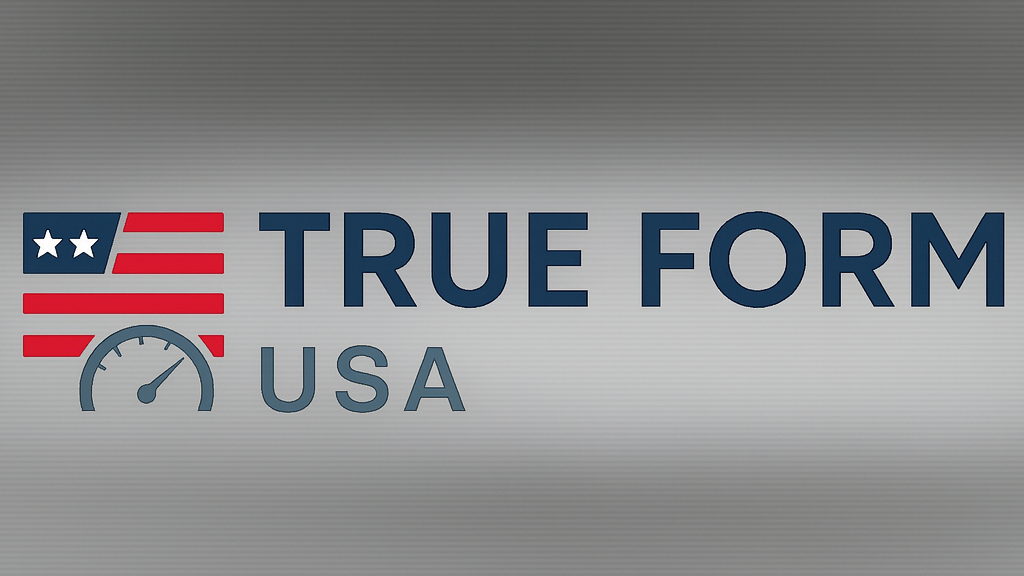
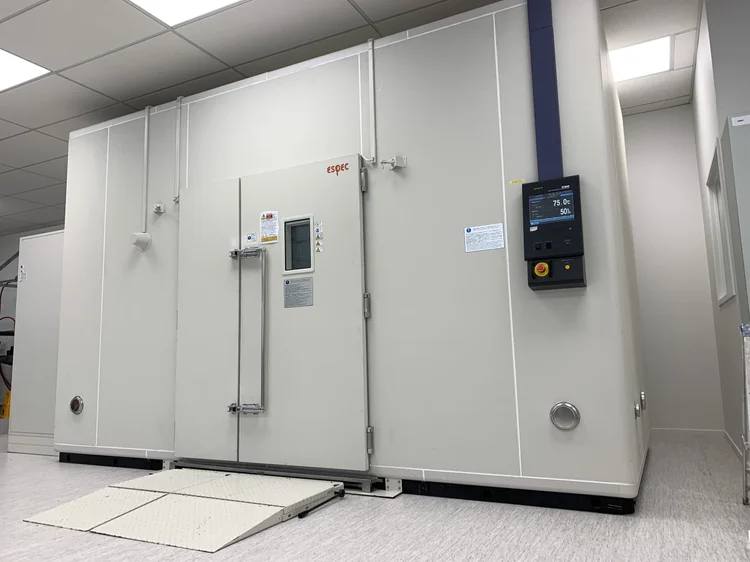
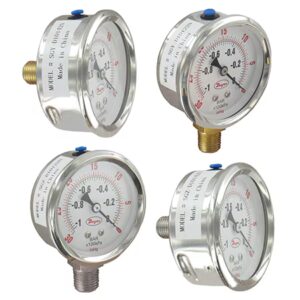
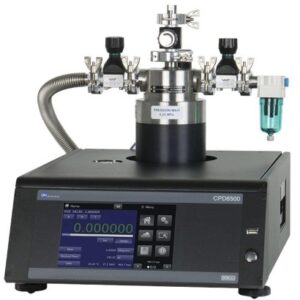
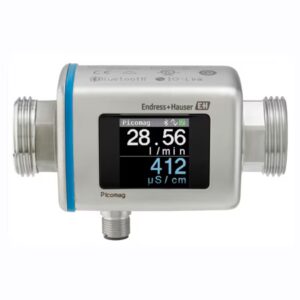
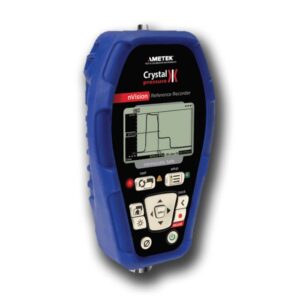
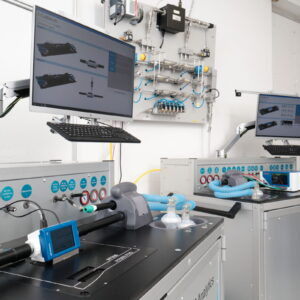
Reviews
There are no reviews yet.